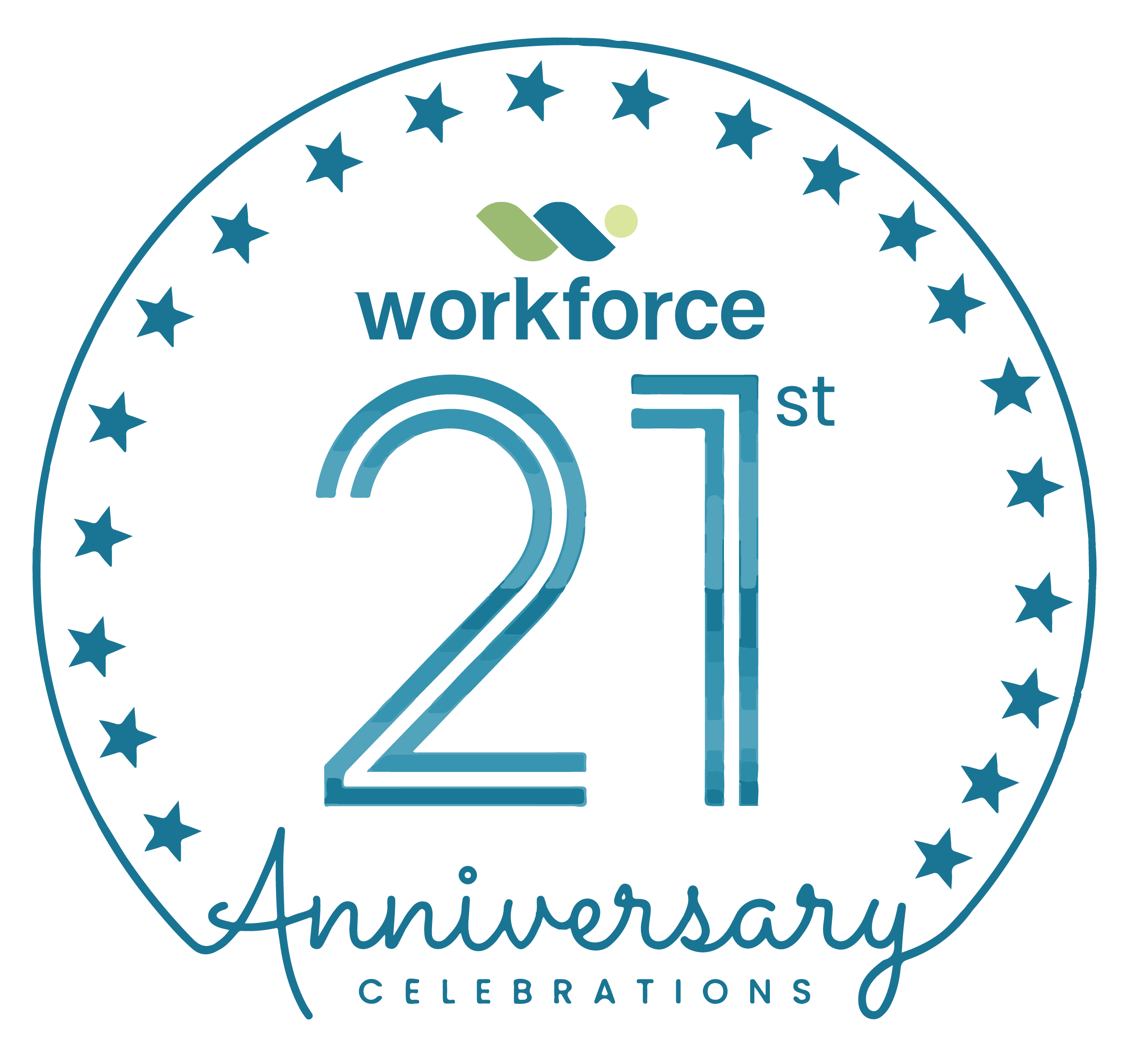In today’s competitive hiring landscape, the quest for top talent is fiercer than ever. While companies focus on attracting candidates with the right skills, experience, and cultural fit, many overlook one crucial aspect: why background checks are important.
A thorough background check goes beyond verifying employment history and criminal records it gives employers the edge by providing a comprehensive view of a candidate’s integrity, qualifications, and potential red flags.
In this article, we explore why background checks are important and how they can become your secret weapon in the hiring process. We’ll dive into the advantages of using background checks to enhance your recruitment strategy, improve candidate quality, mitigate risks, and even boost your company’s reputation.
The Why Background Checks Are Important in the Hiring Process
In the fast-paced world of recruitment, time-to-hire is often prioritised over thoroughness. However, failing to conduct comprehensive background checks can result in costly hiring mistakes.
Discovering that a new employee has a violent criminal record, falsified qualifications, or a history of fraud only after they’ve joined the company can lead to severe repercussions.
Recent data highlights the growing issue of CV fraud, especially in Africa. These statistics underscore why background checks are important to reduce hiring risks and ensure trust.
Types of Background Checks That HR Professionals Should Implement
To fully understand why background checks are important, it’s essential to explore the different types that HR professionals should use to make informed hiring decisions.
1. Employment Verification
- Purpose: Confirms the accuracy of a candidate’s work history, including previous job titles, responsibilities, and employment durations.
- Why It Matters: Candidates may exaggerate their roles or falsify employment records to appear more qualified. Verifying past employment ensures that the candidate has the experience they claim.
2. Education and Professional Certification Verification
- Purpose: Validates the authenticity of academic degrees, certifications, and professional licenses.
- Why It Matters: In Africa, where degree fraud is prevalent, ensuring that candidates possess genuine qualifications is crucial. Hiring someone with fake credentials can lead to underperformance and compliance issues, especially in regulated industries.
3. Criminal Background Checks
- Purpose: Identifies any past criminal convictions or pending legal cases that may impact a candidate’s suitability for the role.
- Why It Matters: Employees with serious criminal histories could pose security risks, particularly in roles that involve handling sensitive information or finances.
4. Reference Checks
- Purpose: Provides insights into a candidate’s work ethic, skills, and behavior from former employers or colleagues.
- Why It Matters: Speaking directly with previous employers helps HR professionals assess whether a candidate’s past performance aligns with the organization’s expectations.
5. Credit History Checks
- Purpose: Evaluates a candidate’s financial responsibility by reviewing their credit records.
- Why It Matters: While not applicable to all roles, financial stability can be important for positions in banking, finance, or any job that involves handling company funds.
6. Identity Verification
- Purpose: Confirms that a candidate’s identification documents (such as a national ID, passport, or driver’s license) are legitimate.
- Why It Matters: Identity fraud is a growing concern, and verifying IDs helps ensure that candidates are who they claim to be.
By implementing these background checks, HR professionals can significantly reduce the risk of hiring unqualified or potentially problematic employees.
Common Challenges HR Professionals Face With Background Checks
Even when HR professionals understand why background checks are important, several challenges can hinder the process:
1. Limited Access to Reliable Databases

In many African countries, HR professionals struggle with verifying candidate information due to a lack of centralized and accessible databases.
While organizations like Nigeria’s National Identification Management Commission (NIMC) and South Africa’s Department of Home Affairs offer some verification services, bureaucracy and data limitations can delay the hiring process.
2. High Costs and Time Constraints
Conducting thorough background checks can be expensive, especially for small to medium-sized enterprises (SMEs) operating with tight budgets. Each check whether it’s criminal, educational, or employment verification incurs costs that can add up quickly.
Additionally, the time it takes to complete these checks can delay onboarding, making the process less efficient.
3. Inconsistent or Inaccurate Information
HR professionals often receive inconsistent or inaccurate feedback from references or previous employers. In some cases, former employers may be unwilling to disclose detailed information about a candidate due to privacy concerns or company policies.
4. Data Privacy and Legal Compliance
As data protection laws strengthen across Africa, HR departments must navigate complex regulations to ensure compliance.
Failing to handle candidate information securely can lead to legal repercussions. HR teams need to strike a balance between conducting thorough checks and respecting candidates’ privacy rights.
5. Resistance From Candidates
Some candidates may be hesitant to undergo background checks due to concerns about privacy or the potential revelation of past issues. This resistance can create friction in the hiring process, especially if HR professionals cannot convince candidates of the necessity and fairness of the checks.
Overcoming these challenges requires HR professionals to adopt innovative solutions, such as leveraging technology, outsourcing to trusted background check providers, and developing clear policies that ensure transparency and compliance.
How Background Checks Improve Hiring Decisions
knowing why background checks are Important is more than just a formality—it is a strategic move that significantly enhances the quality and reliability of hiring decisions. Below are some key ways in which thorough background screening improves recruitment outcomes.
1. Reduces the Risk of Hiring Unqualified Candidates
Background checks help HR professionals verify the authenticity of candidates’ qualifications, work experience, and professional licenses. By ensuring that candidates possess genuine credentials, organizations can avoid hiring individuals who may not perform to expectations.
2. Enhances Workplace Safety and Security
Screening for criminal records is essential to maintaining a safe work environment. By identifying candidates with violent or fraudulent histories, HR teams can prevent potential workplace conflicts, theft, or reputational damage.
3. Strengthens Company Reputation
Organizations that prioritize thorough background checks demonstrate a commitment to integrity and professionalism. This not only attracts high-quality candidates but also reassures clients and stakeholders that the company hires trustworthy employees.
4. Improves Employee Retention
Hiring the right candidates from the start leads to better job fit, higher engagement, and longer retention. Employees who possess the skills and integrity required for their roles are more likely to succeed and stay with the company longer.
5. Ensures Compliance With Industry Regulations
In sectors such as finance, healthcare, and legal services, regulatory bodies mandate background checks as part of the hiring process. Failure to comply can result in severe penalties. By conducting thorough screenings, HR professionals ensure that their organizations adhere to industry standards.
6. Provides Deeper Insights Into Candidate Behavior
Reference checks and employment history verifications offer valuable insights into a candidate’s work ethic, reliability, and interpersonal skills. By understanding how candidates performed in previous roles, HR teams can make more informed hiring decisions.
By integrating comprehensive background checks into the recruitment process, HR professionals can build a workforce that is not only qualified and competent but also aligned with company values and long-term goals.
Why Partnering With a Professional Background Check Provider is Essential
For busy HR teams, outsourcing is a smart solution—and another proof of why background checks are important to overall hiring success.
Here are key reasons why outsourcing background checks to experts is a smart move:
1. Access to Reliable and Comprehensive Data
Professional background check providers have access to extensive databases and verification networks that HR teams may not be able to reach independently. This ensures that checks are thorough, accurate, and up-to-date.
2. Faster Turnaround Times
In competitive hiring markets, speed is crucial. Background check providers use advanced technology to automate and expedite the screening process, reducing the time it takes to verify candidate information.
3. Enhanced Compliance With Data Privacy Laws
Handling sensitive candidate information requires strict adherence to data protection regulations. Reputable providers ensure compliance with local and international privacy laws, reducing the risk of legal violations.
4. Cost-Effectiveness
While some organizations may perceive outsourcing as an added expense, professional background check services can actually be more cost-effective. They eliminate the need for HR teams to invest in separate verification tools, saving both time and money.
5. Improved Hiring Accuracy and Confidence
Having a trusted partner conduct background checks provides HR professionals with confidence in their hiring decisions. Knowing that a candidate’s qualifications, work history, and criminal record have been thoroughly vetted helps organizations avoid costly hiring mistakes.
6. Customizable Screening Solutions
Professional providers offer tailored background check packages based on industry requirements and specific role needs. Whether a company requires basic identity verification or extensive financial background checks, a reliable partner can provide the right level of screening.
By leveraging the expertise of a professional background check provider, HR professionals can enhance their recruitment strategy, reduce hiring risks, and ensure that their organizations bring on board only the most qualified and trustworthy employees.
Final Thoughts: Making Background Checks a Core Part of Your Hiring Strategy
In today’s competitive job market, failing to conduct thorough background checks can lead to significant business risks, including financial losses, reputational damage, and poor employee retention.
As HR professionals strive to build a trustworthy and high-performing workforce, integrating comprehensive background screening into the hiring process is essential.
Background checks provide organizations with deeper insights into candidates, helping to verify their qualifications, uncover potential red flags, and ensure a strong cultural fit.
By partnering with professional background check providers, companies can streamline the screening process, improve hiring accuracy, and maintain compliance with industry regulations.



